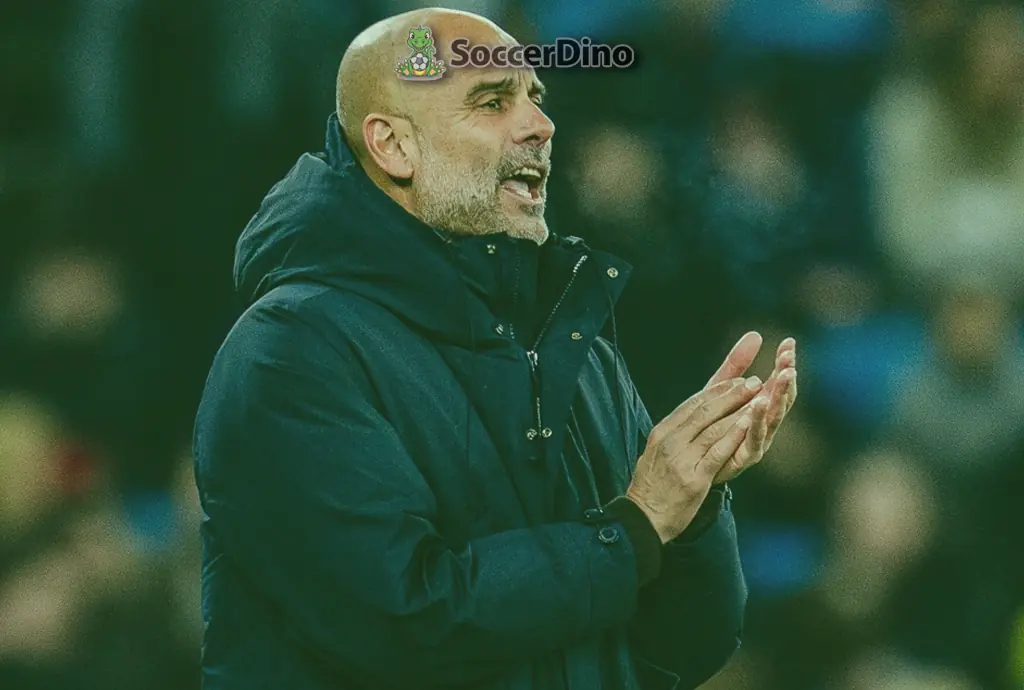While employees these weeks are busy chatting about well-intentioned Christmas gifts (a nice bottle of red wine, a cookware set, or perhaps one of those old-fashioned large boxes filled with not-so-tasty food items?), the players of Al-Nassr have received a special gift: a brand-new BMW.

Cristiano Ronaldo, Sadio Mané, and even coach Stefano Pioli can now traverse the sprawling streets of Riyadh in style, courtesy of a brand-new BMW XM.
The luxury SUV, with a retail price of around €200,000, was gifted to the players and staff of Al-Nassr as part of BMW’s sponsorship agreement with the Saudi club. A generous gesture, indeed, but it’s safe to say that this particular gift will hardly revolutionize the daily lives of its recipients. Ronaldo, for instance, is no stranger to luxury vehicles his garage is already a veritable museum of high-end automobiles, with at least twenty cars in his collection. From Bugattis and Rolls-Royces to Lamborghinis and Ferraris, the Portuguese superstar’s car lineup is as dazzling as his footballing career, and it’s unlikely any Fiat Pandas or budget sedans are parked among them.
Ronaldo’s staggering salary in Saudi Arabia further underscores the surreal nature of this gift. The forward earns approximately €200 million per year, a figure that makes him one of the highest-paid athletes in history. What sets his Saudi deal apart, however, is that this sum is earned net, tax-free, a perk that has enticed several global stars to the Saudi Pro League. The same holds true for Ronaldo’s foreign teammates at Al-Nassr, including Sadio Mané and other big-name imports. These players are also handsomely compensated, with wages reaching eye-watering heights as Saudi clubs continue their aggressive pursuit of footballing relevance on the global stage. Given their financial security, the brand-new BMWs are more a token of luxury than an unattainable dream.
Yet for all the glitz and glamour surrounding Ronaldo and his teammates, life in Riyadh presents practical challenges, even for those earning astronomical sums. The lack of a comprehensive public transport network means that owning a car is not a luxury but a necessity. Unlike many modern cities, Riyadh has struggled to develop high-quality public transportation infrastructure, leaving residents—and especially expatriates heavily reliant on private vehicles to navigate its vast and congested roads. For Al-Nassr’s stars, a BMW XM not only adds another trophy to their personal fleets but also serves as a practical tool to meet the demands of daily life in the Saudi capital.
However, this extravagant gesture from BMW casts a sharp contrast to the harsh realities faced by many foreign workers in Saudi Arabia, particularly the migrant laborers who form the backbone of the country’s massive construction projects. With Saudi Arabia set to host the 2034 FIFA World Cup, the coming years will see a significant surge in construction activity, including new stadiums, infrastructure, and even entire cities built to meet the tournament's demands. These projects will require an army of low-wage migrant workers, primarily from South Asia and Africa, who will earn a minimum wage of approximately €200 per month a pittance compared to the salaries of football’s global elite.
Human rights organizations have long raised concerns about the treatment of migrant workers in Saudi Arabia, pointing to issues such as unpaid wages, unsafe working conditions, and exploitative labor practices under the country’s notorious “kafala” sponsorship system. For these workers, the BMW XM worth the equivalent of their lifetime earnings symbolizes the vast economic inequality that exists within the kingdom. Even in the unlikely event that a laborer is consistently paid on time and in full, it would take them 82 years to save enough money to afford the same luxury SUV that Ronaldo and his teammates received as a gift.
This stark disparity highlights the dual realities of modern Saudi Arabia. On one hand, the kingdom is investing billions into its Vision 2030 project, an ambitious plan to diversify the economy, promote tourism, and elevate its global status through initiatives like hosting the World Cup and luring top football talent to the Saudi Pro League. The arrival of superstars like Ronaldo, Mané, and others has brought unprecedented attention to Saudi football, positioning it as a burgeoning rival to Europe’s top leagues. On the other hand, these developments come at a significant human cost, with the kingdom’s reliance on cheap foreign labor raising ethical questions about its approach to progress.
While players like Ronaldo, with his €200 million annual salary and vast collection of supercars, continue to enjoy the spoils of this football revolution, the workers toiling behind the scenes remain invisible, their stories often unheard. The BMW XM, for all its technological brilliance and luxurious appeal, serves as an unintentional symbol of this divide a gleaming representation of excess in a land where thousands struggle to make ends meet.
For now, Al-Nassr’s stars will undoubtedly enjoy their new rides, cruising through Riyadh’s highways with comfort and power befitting their status. Yet as Saudi Arabia continues to pour resources into building its footballing and economic future, the conversation surrounding fairness, equality, and the treatment of all workers regardless of status or origin remains a topic that cannot be ignored. The gift of a BMW may have brought smiles to Al-Nassr’s dressing room, but it also serves as a reminder of the contrasting realities coexisting in the kingdom’s pursuit of global recognition.







